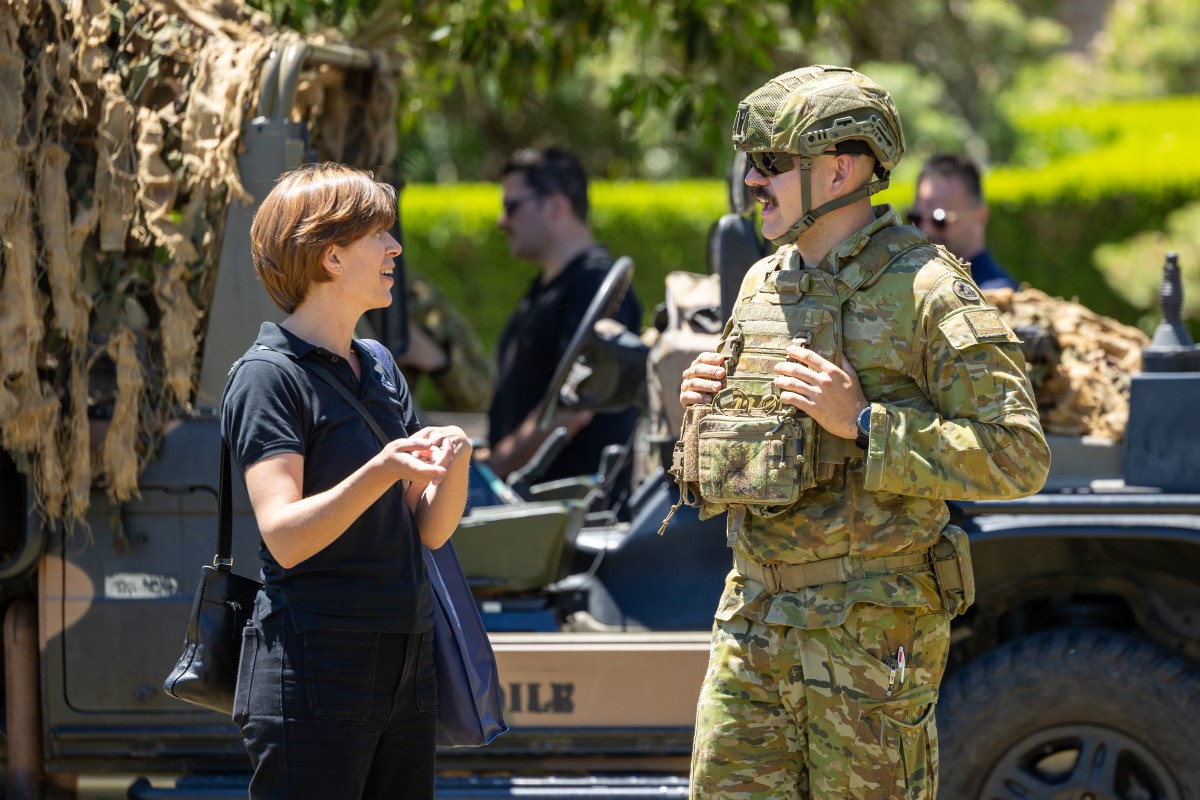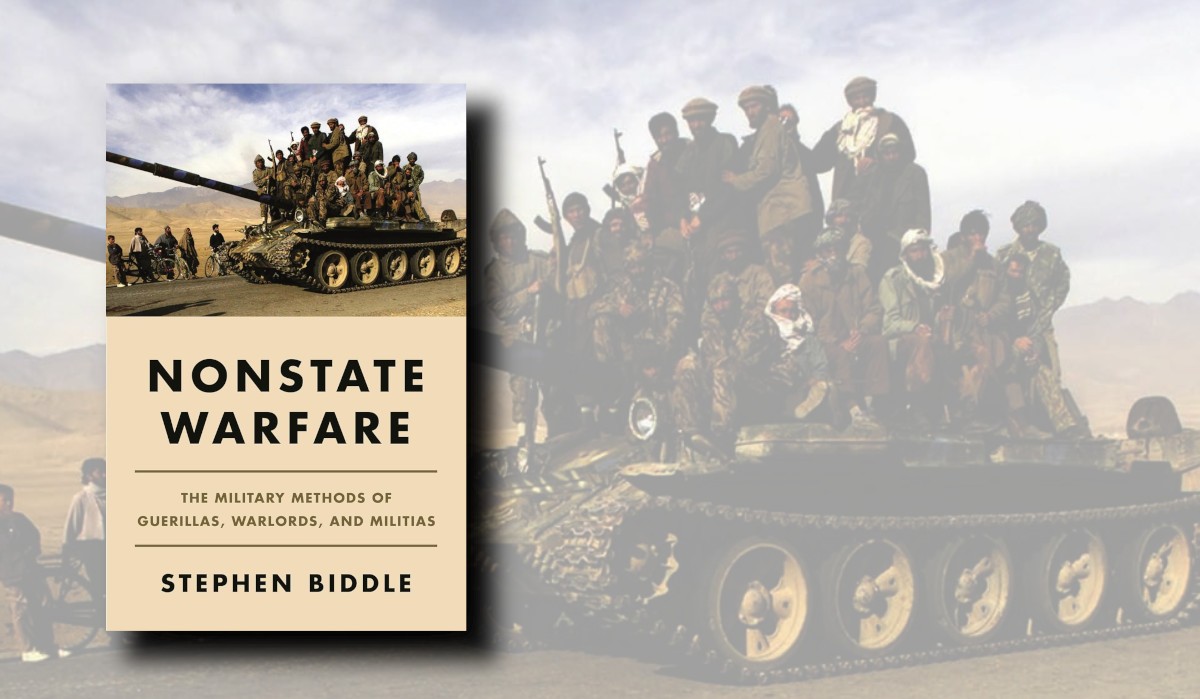This edition was prompted by the uncertainty inherent in the rapidly evolving crisis that is the Coronavirus pandemic. The rapidly changing environment alludes to the drivers behind Accelerated Warfare – our new normal of accelerating change – as indeed, has been identified by Rod Lyon at APSI. This edition thereby aims to complement formal guidance, with consideration of second- and third-order effects of the pandemic. It is inspired by this long-form piece by the International Crisis Group. Crisis Group articulate seven trends to watch, which are reinforced by the narrative below. These trends are:
- The vulnerability of conflict-afflicted populations
- Damage to international crisis-management and conflict resolution mechanisms
- Risks to social order
- Political exploitation of the crisis
- A turning point in major power relations?
- Opportunities to be seized
- Potential crisis mitigation measures
Lessons
Crisis Group has a solid foundation in identifying these trends. Written almost 5 years ago, this report on the lessons of the Ebola crisis of 2014 includes numerous factors that could equally relate to this present crisis. As South Korea, Singapore and Taiwan seemingly emerge from the Coronavirus crisis, lessons might be afforded for Australia’s circumstances; this piece from Foreign Affairs speaks to Taiwan’s approach.
Major Power Competition
The Diplomat offers insight into the backdrop of U.S.-South Korean negotiations regarding U.S. Forces Korea, and the furlough of South Korean employees proceeding despite the pandemic. The timing of this action potentially challenges any coordinated U.S.-South Korean response to action on the peninsula. Of interest may be to extrapolate this instance into the broader scope of how robust alliance frameworks are during this pandemic to restrain revisionist actors, noting reports of Chinese probing of Taiwan’s airspace in February.
Irregular Warfare and Terrorism
From ASPI Strategist, analysis as to why refugee camps will suffer disproportionately from Coronavirus infection. This matters due to their being more displaced persons than at any time since World War II (70 million at present), that refugee intakes are already highly politicised (particularly in Europe) and that further refugee flows might be expected throughout 2020 as conflicts continue. An absence of international support may further fuel grievances felt by such displaced persons, thus aiding the narrative of future extremist organisations.
This perspective is seemingly amplified by this piece from Foreign Policy and The Diplomat. The Foreign Policy article argues that online radicalisation continues and indeed, may already be exploiting the large number of persons in self-isolation – a ready-made ‘spiral of silence’. The Diplomat presents an interesting take on COVID-related, anti-Chinese and anti-Shi’a propaganda.
This observation of radicalisation effort is seemingly amplified through widespread criticism of political handing of the crisis, its economic impacts across a broad swathe of the population and pre-existing identity fault-lines that might be interpreted within respective national contexts to be manifesting as relative deprivation. Collectively, these facets support the Crisis Group observation of a trend to watch of risks to social order.
Information and Cyber Domain
From the Lowy Interpreter and Nikkei Asian Review, a piece examining the propaganda effort employed by the Chinese Communist Party (CCP). Between initial misinformation about the virus, to active propaganda about the virtues of the state in its response, the theme is seemingly exploitation of the situation to expand its influence and control. Such misinformation is also not unique to the CCP, and hence may be extrapolated to other regimes – reinforcing the Crisis Group observation of risks of political exploitation of the crisis. To this point, the CCP’s support to Italy and Iran is indicative that medical diplomacy can be expected elsewhere (such as in South East Asia).
Regional View
From the Lowy Institute, a podcast describing the looming crisis in Southeast Asia. This perspective is reinforced by ASPI Strategist, which is critical of Joko Widodo’s handling of the crisis. The Diplomat concurs, but also offers a perspective that the Indonesian case helps illuminate the breadth of the challenge from a Global Health perspective. Conversely, The Diplomat reflects positively on Vietnam’s handling of the crisis. Also, from the Lowy Institute is this piece examining the impacts of lockdown on South Asia, the effect it will have on the significant population in poverty and the increasing level of authoritarian power it provides its leaders. The Diplomat also reinforces facets of this analysis by noting the military call-out in Bangladesh to enforce lock-down. In response to these collective concerns, this article from Sara Davies in ANU’s Centre of Gravity series proposes a role for Defence in Accelerating Regional Heath Security.
HA/DR
As alluded to in previous ETOs, pandemics were not beyond the realm of planning feasibility; this piece from The Atlantic speaks specifically to this point. A key question then is why the United States didn’t direct an appropriate planning priority against this threat. The Atlantic has suggested the absence of scientific advice in the White House and the dissolution of a pandemic planning office in 2018, a view reinforced by this piece from Foreign Policy.
Online resources
A collective tipping-point has seemingly been broached, with think-tank proliferation of Coronavirus analysis now making for a flooded information space. Clearly, as this ETO highlights, the ASPI Strategist and Lowy Interpreter coverage is quite diversified, and a useful go-to for Australian-orientated analysis. The Diplomat is a useful go-to for regional discussion.
Analysis
Although this piece from ASPI Strategist is framed in the EU context, the message is a useful bottom-line with regards to the immediate geopolitical threat and opportunity presented by the Coronavirus crisis. This issue is argued as being the battle between isolation and cooperation. Internationally, Australia’s narrative regarding its Pacific Step-up may be viewed by the region as hollow should individualistic behaviour remain dominant and international cooperation not be forthcoming. Similarly, UN Missions may expand rapidly in size and scope to support vulnerable populations, particularly those in refugee camps. The horns of a dilemma lie with regards to the capacity to be able to support our regional and broader partners, when domestic systems are pressured.
Australia’s response to the Coronavirus and this dilemma of isolation versus cooperation is uniquely framed globally by our experience of the Summer bushfires, and their devastating impact upon south-eastern Australian communities. Unlike other nations facing this pandemic, our national resilience had already suffered a significant depletion of reserve. Australia will thus uniquely learn from the 2019-2020 period that we cannot plan for crises to arrive singly but in combination, thereby demanding a significant focus upon national (and regional) resilience in the post-pandemic environment.



